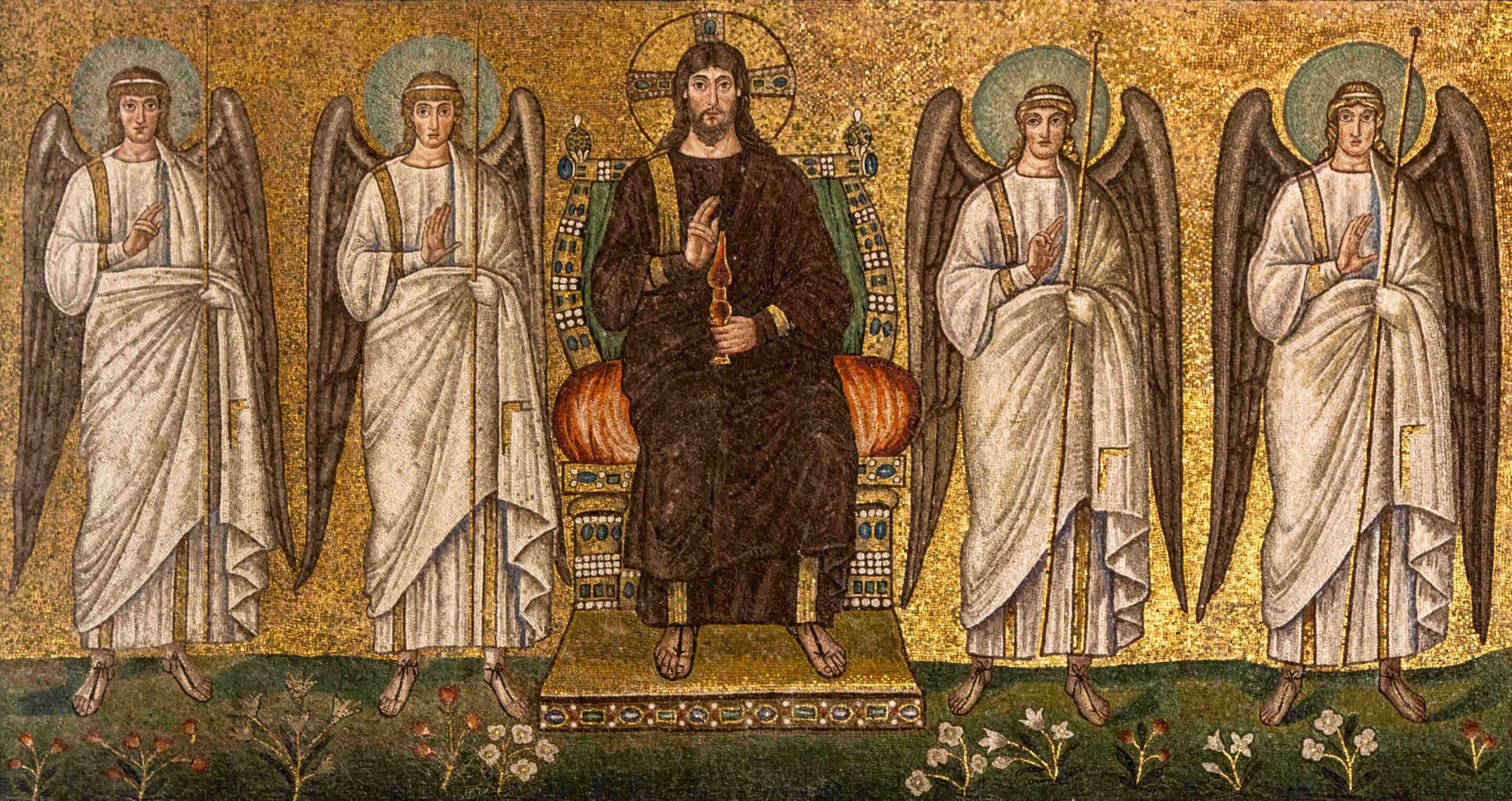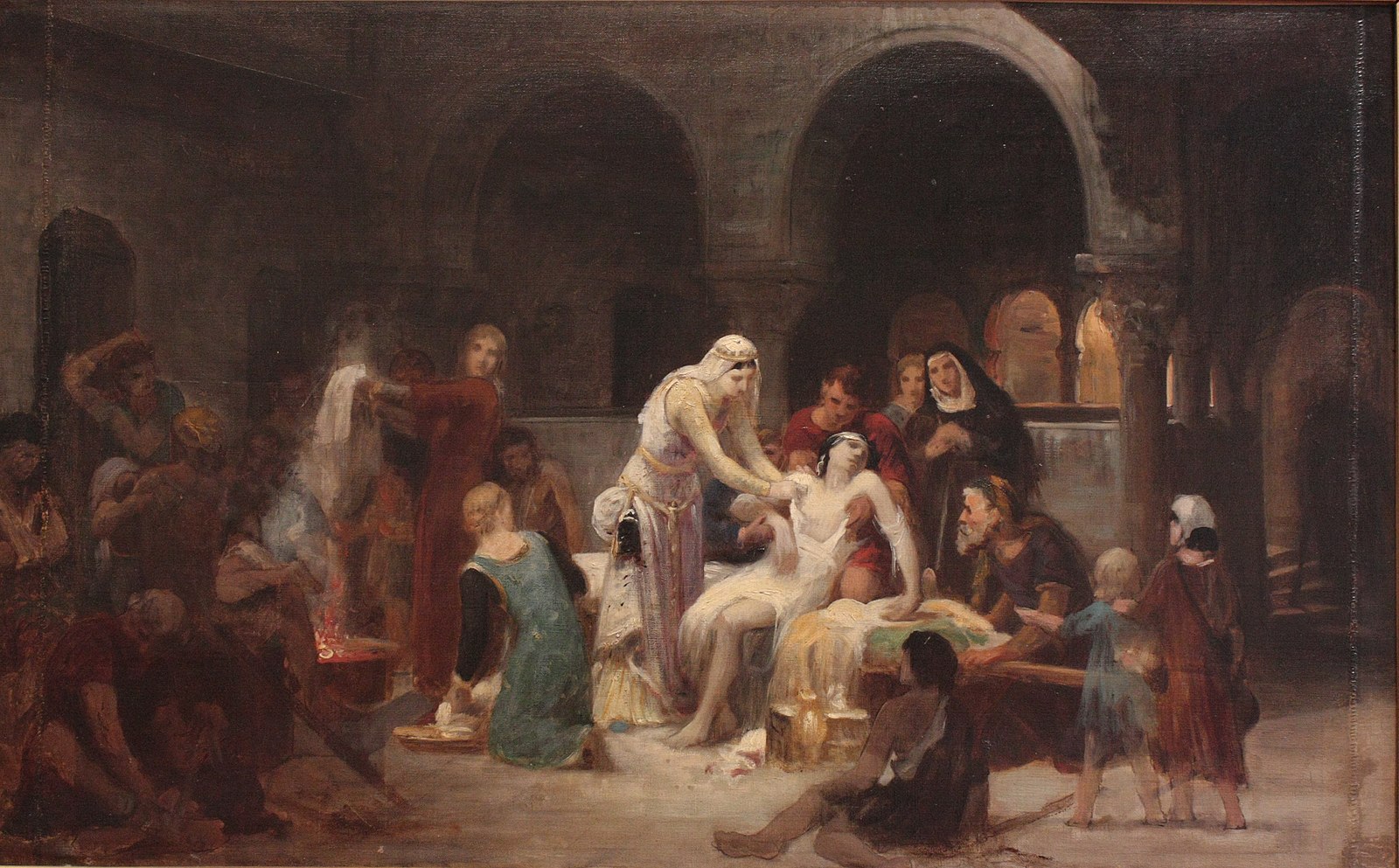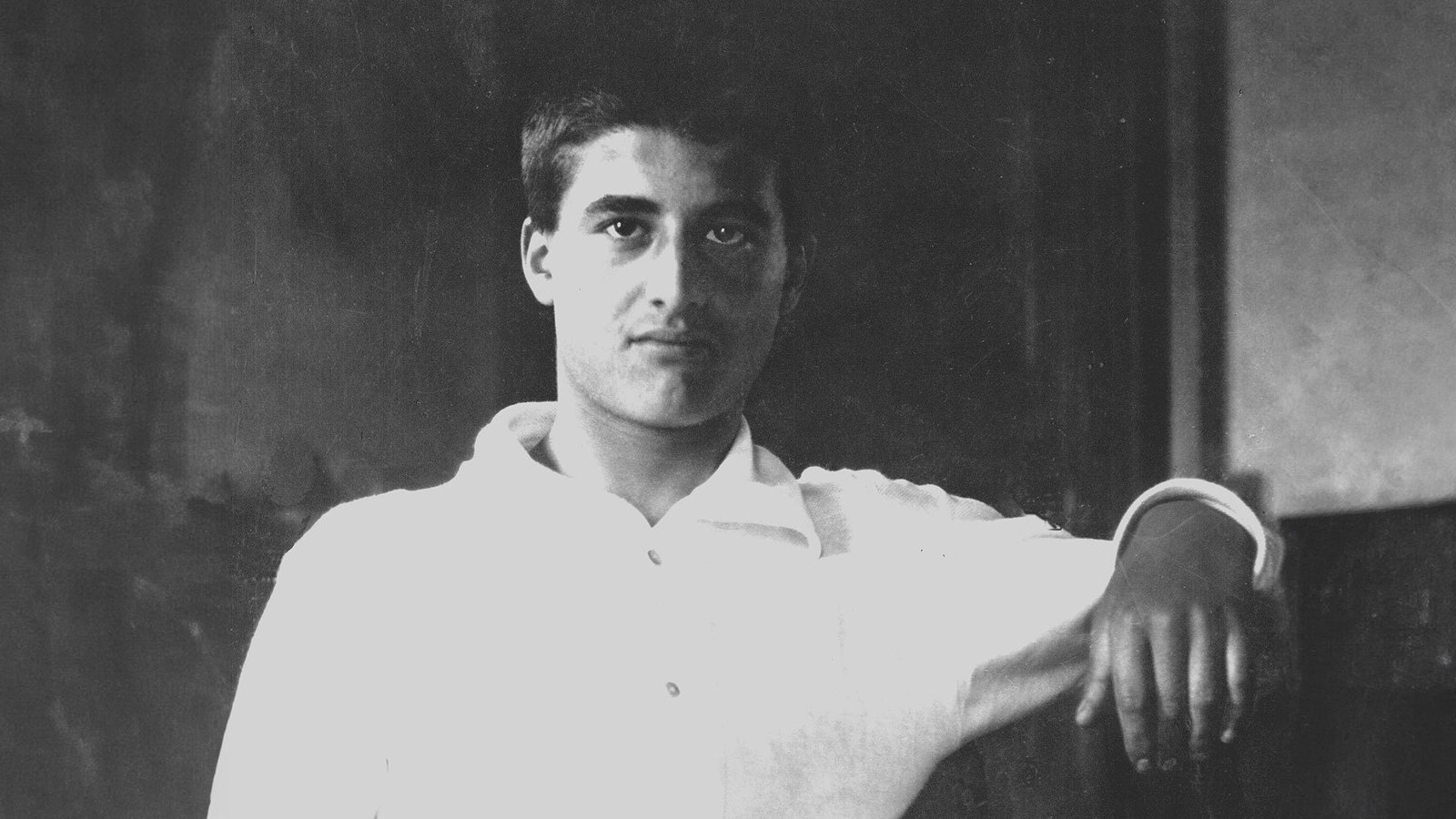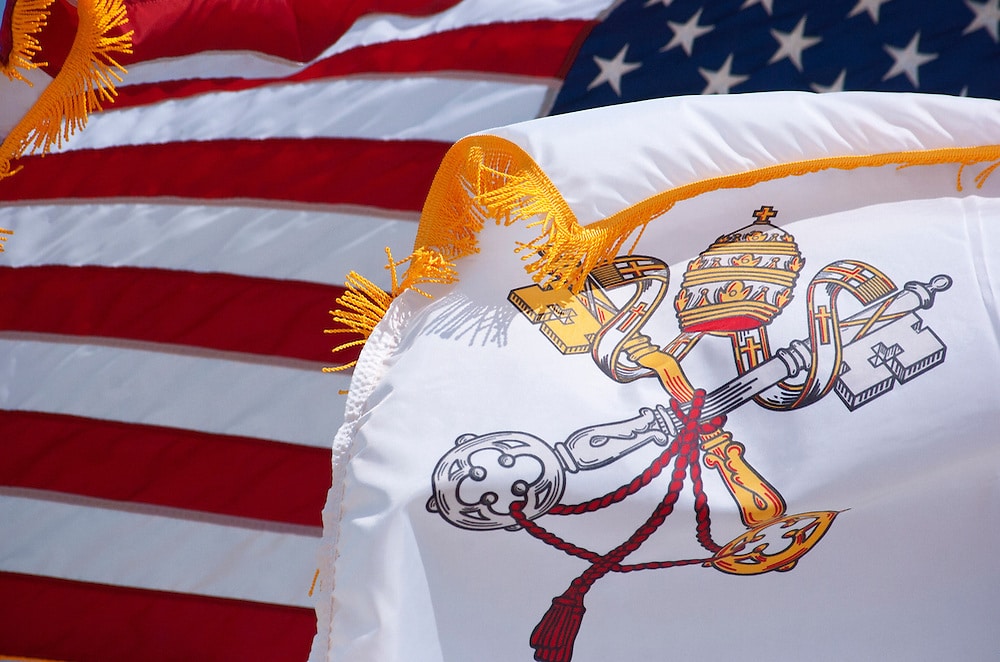
Photo by Fr. Lawrence Lew, O.P.
Our Kingship in Christ
By Br. Roland Wakefield, O.P.
This essay previously appeared in Dominicana and is reprinted with permission.
A few months ago, the death of Queen Elizabeth II captivated the entire world with the remembrance and celebration of her life. Even people who might never have thought about the British Monarchy were tuning into the services online. What is it about royalty that so attracts and excites us?
I think one reason is that God created each one of us to be royal. The Church declares in Lumen Gentium that the faithful are “by baptism made one body with Christ and are constituted among the People of God; they are in their own way made sharers in the priestly, prophetical, and kingly functions of Christ” (LG 31). By virtue of our baptism, we share in Christ’s own kingship. Royalty fascinates us because we were made to be kings and queens—and indeed, we have already begun our reign.
Now, you might reasonably doubt whether God is going to give you a gemstone-studded crown and a kingdom to rule, but for most of us our kingship will not be anything so flashy. Rather than the power and pomp that we usually associate with royalty, God calls us to a kingship that is “not of this world” (John 18:36). But to participate in it, we first must understand the kingship of Christ. During his earthly ministry, the people around him easily recognized his inherent royalty and dignity: “they were going to come and carry him off to make him king” (John 6:15). He inspired those around him, he worked miracles, he taught, and he led. And yet he was born in a lowly stable, he never wore a crown save that of thorns, and he never mounted a throne but that of his Cross. If our kingship comes from participating in or imitating Christ’s kingship, then what are we to do?
Our Lord reveals to us here a harmony between kingship and humility, between leadership and service. Not only are they related, but in a way they feed into one another. At the Last Supper, Jesus tells his disciples “You call me ‘teacher’ and ‘master,’ and rightly so, for indeed I am. If I, therefore, the master and teacher, have washed your feet, you ought to wash one another’s feet” (John 13:13–14). The person who is truly kingly will also be truly humble, and the one who leads is also one who serves. Jesus literally puts himself at the feet of his disciples, and he is no less a king for doing so. Actually, it is through his humility and service that Jesus reveals his security in his royal station.
Therefore, when we imitate Christ’s humility and service, we reveal within ourselves the great dignity that God has placed upon us at our baptism. It may seem paradoxical that to be kingly means to be humble and to serve, but in reality, our royalty comes from sharing in the majesty of Christ. And it is only through our humility before God and neighbor that his glory is manifested in us. Fr. Anselm Moynihan, O.P., writes in his book The Presence of God, “nothing gives man such dignity and grace as the attitude of reverence towards God. Then, as it were, the glory of him in whose presence he stands is reflected on himself.” When we bow before the Presence of God in himself and in others, the divine glory shines through us to those around us. We discover that to serve is to reign and to be humble is to be a king.







